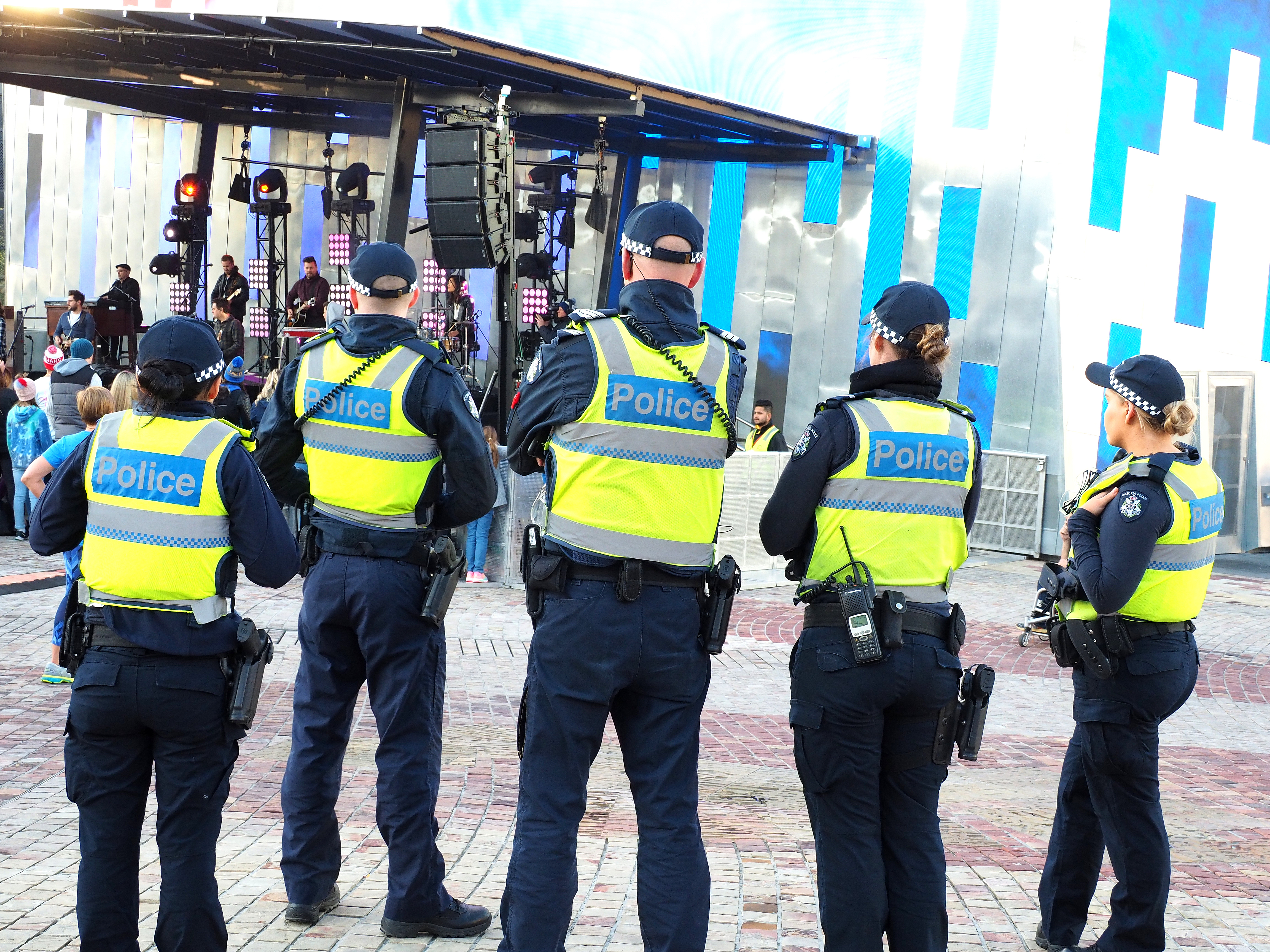Share This Article
Poppy Morandin and Jimmy Singh.
The NSW government has sought to rule out the prospect of ‘decriminalising’ drug use, amid leaks from cabinet discussions regarding the response to last year’s special commission of inquiry into ice.
The details of the leaked proposal have presented a form of ‘depenalisation’ through a tiered system in which a person found to be in possession of a small quantity of drugs would first be issued a warning.
Following the warning, if a person is caught a second or third time in a 12-month period they would receive a fine.
However, if a person is caught a fourth time during this period, they would face criminal prosecution.
“It’s definitely a start towards sensible drug policy but it doesn’t go nearly far enough. It is not decriminalisation, drug possession and use remain in the criminal code… We need to remove criminal penalties for drug use and possession and treat drug use as a health issue.” said Cate Faehrmann, Greens MP and Drug Law Reform and Harm Reduction spokesperson.
Despite the Seven Network breaking the story early last week, Liberal and Nationals Ministers have expressed concerns at appearing ‘soft on crime’.
Police Minister David Elliot, Nationals leader John Barilaro and former Labor Premier Kristina Keneally are among the opponents of the policy.
“We’ve already seen the right-wing of the Liberal party leak this policy, deliberately framing it as decriminalisation and helping launch a conservative media smear campaign.” commented Ms Faehrmann.
“We will not be decriminalising drugs in NSW. I don’t support it, my government will not be going down that path. And I can’t be clearer than that.” said Premier, Gladys Berejiklian.
However, Ms Berejiklian has not commented directly on the proposal before cabinet.
Compromises that may see the bill passed include an age limit imposed, indicating that it may only apply to young offenders.
“We’re hearing of various compromise positions being floated, such as where the policy only applies to young people. This is absurd given the conservative flanks biggest gripe is that the policy would signal to young people that taking drugs is okay.” contended Ms Faehrmann.
A final decision on the approach is expected in the upcoming weeks, with it to be discussed at the next cabinet meeting on December 14.
The Special Commission of Inquiry into ‘Ice’ report recommended a “decriminalisation of simple possession” that “is enshrined in legislation, is inclusive and enhances voluntary access to education, health and social support for people who need it.”
“The only reason the Government is considering this policy at all is because of the Ice Inquiry’s strong recommendation to decriminalise not only Ice but all drugs and move towards a health-based approach. Ice and heroin are two of the drugs where people are most likely to develop a dependency and where stigma is associated with their use. It’s the fear of being dragged before the courts or even thrown in prison that are stopping g people seeking help or treatment.” explained Ms Faehrmann.
“Prohibition will never work. Ultimately, we need to regulate all recreational drugs, with varying approaches according to their level of harm. All prohibition achieves is the creation of black markets which fuel organised crime and supply drugs of unknown strength and purity to often young and vulnerable people. And importantly it stops people seeking help when they need it, putting people’s lives at risk.” she continued.
Existing law prohibits the possession of a prohibited drug in NSW. If dealt with by way of a court attendance notice requiring a court appearance, it carries up to 2-years jail and/or $2,200 fine.
Whilst drug possession charges in NSW carry heavy penalties including a criminal record if taken to court, police have the option to instead issue a fine for drug possession offences.
For this mode of proceeding to be available, the amount of the drug must weigh no more than the ‘small quantity’ for that drug, which can be found in Schedule 1 of the Drug Misuse and Trafficking Act 1985 (NSW).
A prohibited drug includes cocaine, cannabis, MDMA, amphetamine, heroin, and ketamine among other drugs listed in Schedule 1 of the Drug Misuse and Trafficking Act 1985 (NSW).
On-the-spot fines are not applicable to situations involving cannabis.
For cannabis, officers may elect to proceed with ‘formal cautioning’ under the ‘Cannabis Cautioning Scheme’ for offenders found with under 15 grams.
The New South Wales Bureau of Crime Statistics and Research has published that “individuals diverted from criminal convictions through cannabis cautions had much lower reoffending rates than those dealt with by a court.”
However, due to the presence of police discretion and there being no legislative basis for the scheme, there has been “inequality in police practice, where certain minorities or regions may experience greater criminalisation and less diversion.”
In relation to the proposed ‘three strike’ policy, Ms Faehrmann commented, “we’ve heard that under the policy, police may still have the discretion to decide if people are given a caution instead of criminal consequences. Giving the police discretion will do nothing to reduce the disproportionate policing of young people and First Nations people.”
“Too many times we send in the police when we should be sending in a social worker. We need to end the war on drugs, end the extreme policing of young people and begin addressing the issues of poverty and trauma through well-funded health, mental health and social support services.” she summarised.









